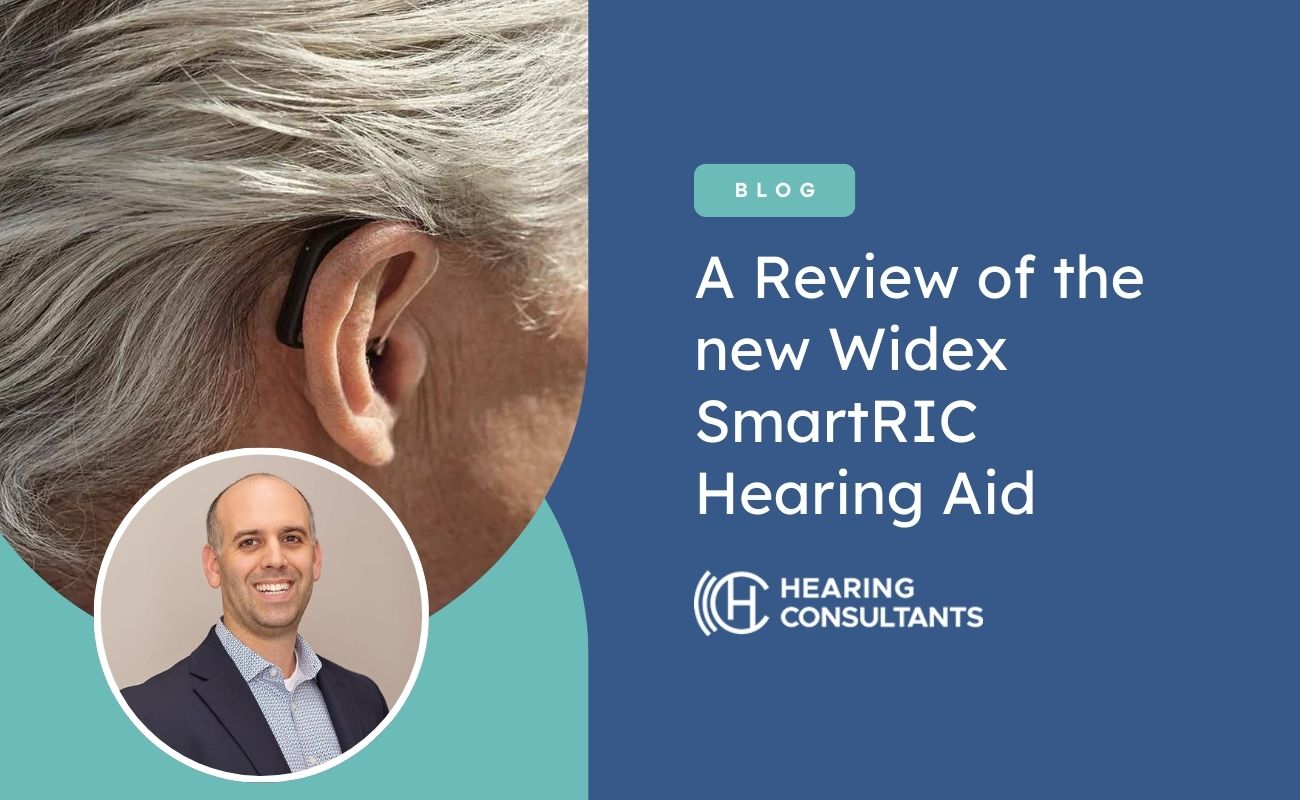How Brain Aging is Affected by Exercise, Diet, Sleep, and Hearing

Getting older means the body has been through a lifetime of wear and tear. Joints and muscles may be sore or stiff, and regular aches and pains are expected. In addition to the regular toll on the body, other issues can come up, including degenerative conditions or severe illness, injury, or disease. However, we know that lifestyle habits can make an enormous difference in this aging process. Basic behaviors can take you from these conditions of general discomfort or severe pain into a life of energy and vitality.
Did you know that your brain encounters the same aging process as the body? A lifetime of use can lead to degenerative conditions in the brain as you get older, just like the body. Although we might not feel aches and pains in the brain, it has undergone a lifetime of strain, and you can expect it to slow down in older age. It is important to remember that intelligence does not go away as we get older, but there can be a noticeable difference in the mind's processing speed.
What You Can Do to Maintain Your Mental Sharpness
Just as lifestyle habits can improve the body, they can improve the mind. A recent report by Stephen M. Stahl, MD, PhD, from the University of California San Diego at the Neuroscience Educational Institute (NEI) Congress identified some lifestyle habits that can make a difference in mental health and cognition. How is “hearing” a lifestyle habit, you might ask? Well, there are practical steps you can take in everyday life to address your hearing health, and these can have welcome side effects for the brain. The four main behaviors to keep the mind in top shape are exercise, diet, sleep, and hearing. Let's take a look at each one in turn.
Exercise
Two types of activity have a significant positive effect on cognition speed and mental flexibility. In the first case, exercise can strengthen the mind just as it does the body. Regular short bursts of moderate exercise are beneficial, in the form of aerobic workouts. Although this concerted effort to exercise is helpful, everyday activity at a low to moderate level also has a strong positive effect. Walking, taking the stairs, and moving around in subtle ways can be easily incorporated into your everyday lifestyle.
Nutrition
Nutrition is the second way to improve brain health as you age. The study considered two diets and found them to improve cognition and memory: the Dietary Approaches to Stop Hypertension (DASH) diet and the Mediterranean diet. Both diets have adherents bulking up on vegetables and fruits, eating a balance of legumes and nuts, and limiting the intake of red meats and processed foods. These diets work wonders for the immune system and a host of other bodily outcomes, improving mental function in the advancing years.
Sleep
Sleep disorders are increasingly common in later life, including insomnia and the inability to achieve restful sleep. Rapid Eye Movement (REM) and very deep sleep with prolonged brain activity, otherwise known as Delta sleep, are crucial to memory formation, mood regulation, and a vast array of brain functions. Older age can come along with a struggle to get enough restful sleep, but you can do things to promote healthy sleep, including fostering a peaceful sleeping environment, setting a schedule, and limiting screen time in the bedroom.
Hearing Health
The final lifestyle habit you can develop to promote brain health in older age is to take care of your hearing health. Along with exercise, diet, and sleep habits, cultivate the habit of hearing protection, assistance, and examination. For many, this will mean wearing hearing aids when hearing loss has occurred, but all can benefit from annual hearing exams to make sure hearing is in tip-top shape. Untreated hearing loss has been linked to higher rates of dementia and mental health issues such as depression, so it is crucial to make sure you are hearing as close to your full potential as possible.
If you’ve noticed changes in your hearing, why not schedule a hearing test with us? If a hearing loss is detected, we will work with you to find the best treatment to ensure you are hearing at your best.
Get in touch with
Hearing Consultants
Contact our clinic to schedule an appointment today!







